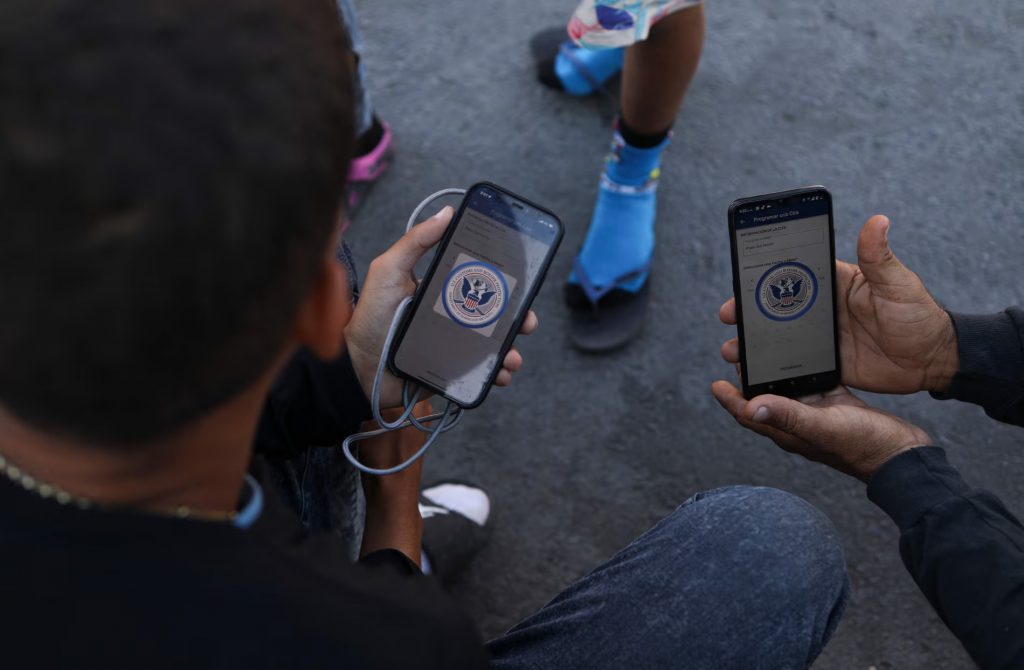The CBP One app, which has facilitated the legal entry of nearly one million migrants into the United States, may soon face an uncertain future as President-elect Donald Trump prepares to take office. This app has been a lifeline for many migrants, offering a structured pathway to enter the U.S. with work permits for two years. However, Trump has signaled plans to end the program as part of a broader immigration crackdown.
In Tijuana, Mexico, the app has transformed lives, including that of Martha Rosales, who turned her home into a migrant shelter. Rosales, a local resident, began housing migrants after a Cuban nurse, Karla Figueredo, treated her injuries from a dog attack while waiting for her CBP One appointment. This chance meeting inspired Rosales to help others, earning her the affectionate title of “Tía Martha.” She now provides temporary shelter, meals, and support for migrants, most of whom are Cuban, as they await their appointments.
CBP One has been praised for bringing order to the border and reducing illegal crossings, particularly among Cubans, Venezuelans, Haitians, and Mexicans. Illegal crossings by Cubans, for instance, dropped dramatically under the app’s implementation. However, demand for appointments has far exceeded supply, with hundreds of thousands competing daily for a limited number of slots.
Rosales works tirelessly to assist migrants, shuttling them to border appointments in the early hours and managing her shelter with the help of her community. Despite her limited education, she has built a reputation for her compassion and resourcefulness, even establishing a legal entity to raise funds for her shelter.
The app’s potential termination has sparked anxiety among migrants and advocates. Critics argue that it prioritizes a lottery system over individuals who have lived in the U.S. for years or waited for visas. Supporters, however, view it as a critical tool for managing border migration.
The program, initially introduced during Trump’s first term and expanded under President Joe Biden, replaced ad hoc exemptions to a pandemic-related asylum ban. It has since become a symbol of hope for migrants like Yoandis Delgado, who described the app as a “gift from God” after enduring a perilous journey from Cuba to the U.S.-Mexico border.
As migrants in Mexico and those already in the U.S. struggle with uncertainty, the future of CBP One hangs in the balance. Many fear the loss of a system that has offered them not just legal entry but also a sense of security and possibility.

